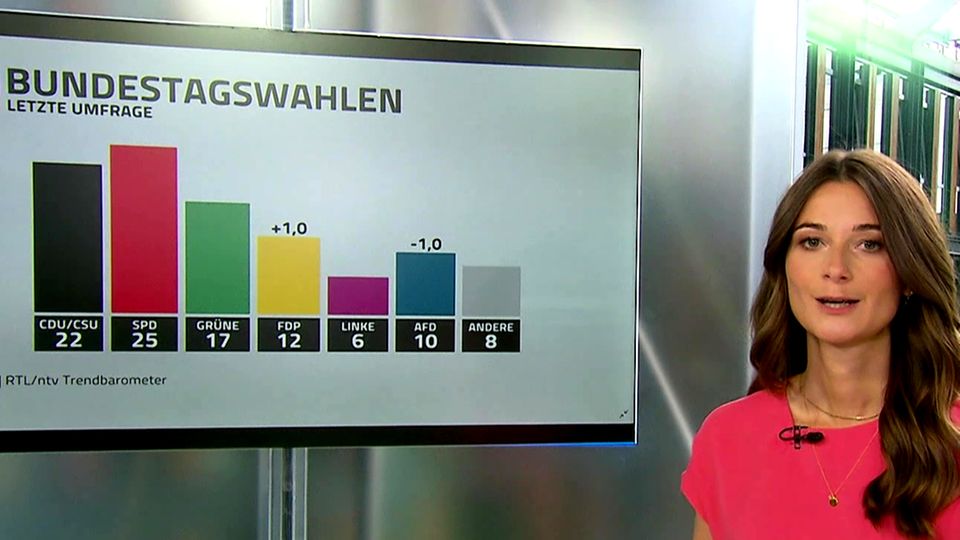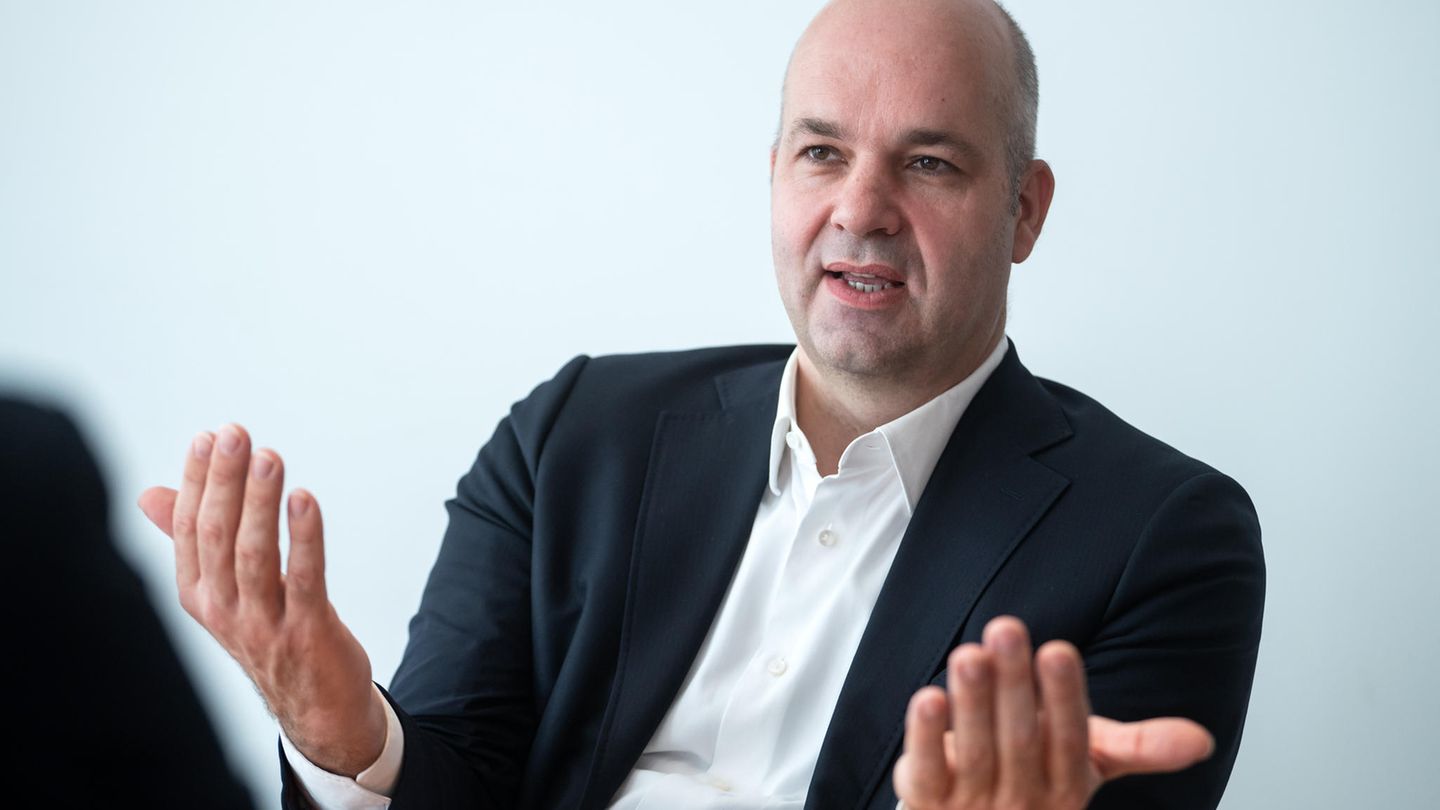Economic bosses are usually party, their statements are usually complicated and incomprehensible. DIW boss Marcel Fratzscher makes a rare exception here. In an interview he explains what is at stake for the next government. And so clearly and convincingly that Romeo and Pauline from “Late Night Berlin” would be delighted.
The President of the German Institute for Economic Research (DIW), Marcel Fratzscher, has described the federal election as groundbreaking for the coming decades. “We have a huge reform backlog,” he told the German Press Agency in Berlin. The federal election on September 26th is the most important election since 1990. Germany is facing an important turning point in four key future issues: climate protection, digital transformation, economic transformation and global competition with China and the USA.
“And also on the topic of social polarization, which has increased massively as a result of the pandemic. These are gigantic challenges for all generations. You have to be careful with superlatives, but now it will be decided where Germany will head in the next 50 years.”

The jerk speech by Federal President Roman Herzog in 1997, in which he complained about the rigidity of reform in Germany and called for a fundamental change in society, is even more accurate today than it was then.
Three things are necessary after the election
“After the election, three things in particular are necessary,” said Fratzscher. “On the one hand, these are massive investments in the future. The second is a fundamental tax reform that will relieve people with middle and low incomes and burden large assets more heavily. We also have to relieve companies selectively so that we can set the right incentives for investments. A corporate tax reduction to 25 percent would be But by the watering can principle. That is not effective. The right step would be an immediate write-off on capital goods and targeted aid for innovation. Much better than a wealth tax would be to increase the property tax, i.e. tax real estate more heavily. In addition, there should be a fair inheritance tax give.”
The education system is inadequate and is becoming less and less able to keep up with international competition. “The future prospects of young people in Germany are far too little dependent on their own skills and talents and far too much on the level of education and income of their parents.” The key will be equal opportunities in education.
Perhaps the most important hurdle for successful reforms in Germany is the preservation of the vested rights, said the DIW President. “The main reason why things are not implemented or do not happen is not that political institutions are incapable, but because powerful interests oppose it, for example in housing construction in cities: Please do not build taller buildings in my neighborhood and develop free land, We don’t want that. You also have to look at planning processes, some of which take forever, as is the case with wind power expansion: This is not only because the hurdles are high, but because certain groups want to protect their interests. “
Preservation of the vested rights must be broken. “We want the climate targets to be achieved by 2030. That means we have to make expansion targets massively more ambitious and achieve them. For this, for example, distance rules for wind turbines have to be changed. It’s not about undermining democracy and the right to have a say, but rather creating processes who go much, much faster, less bureaucratic and uncomplicated and who are then also more reliable. For the economy, it’s about reliability. “
Jane Stock is a technology author, who has written for 24 Hours World. She writes about the latest in technology news and trends, and is always on the lookout for new and innovative ways to improve his audience’s experience.




